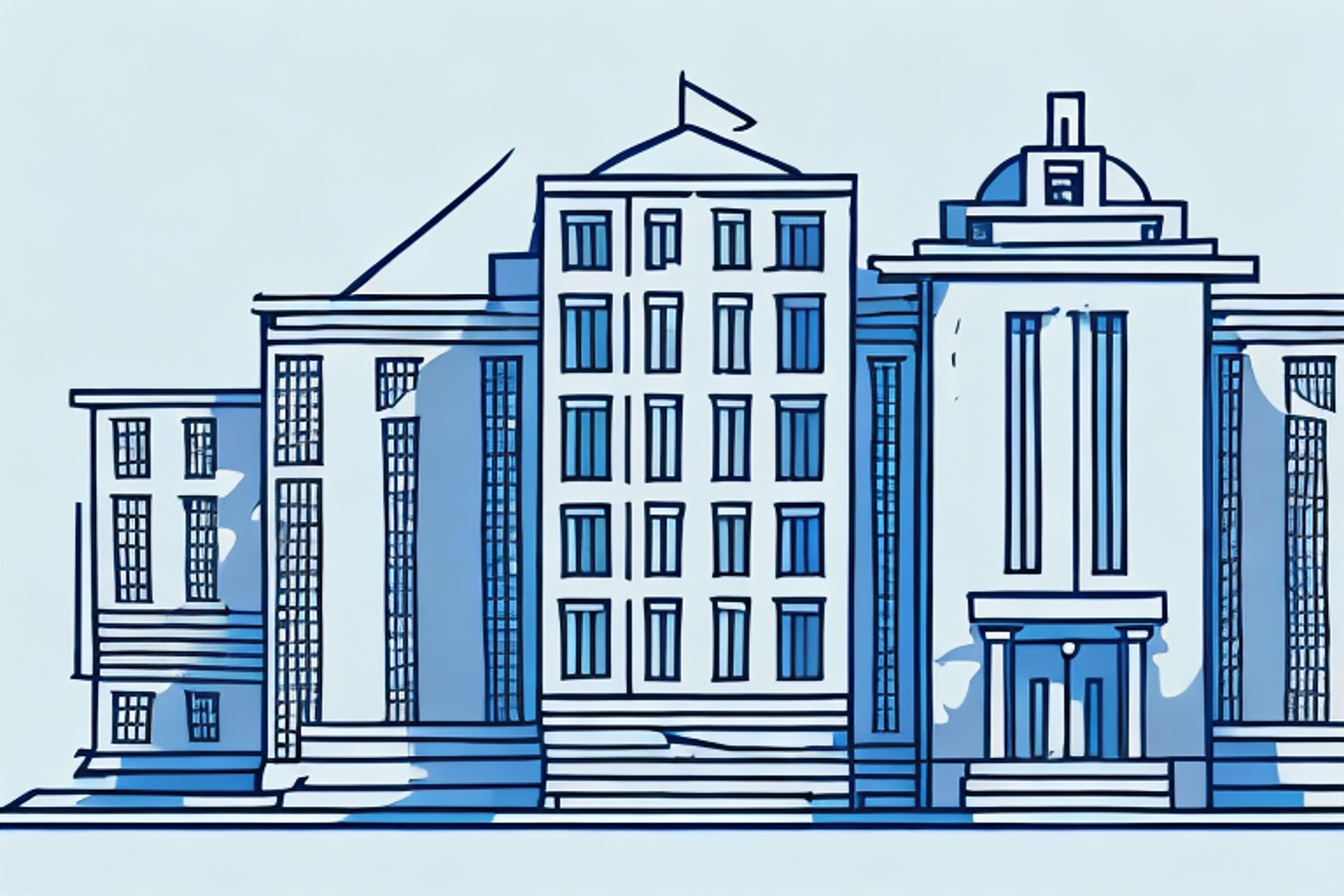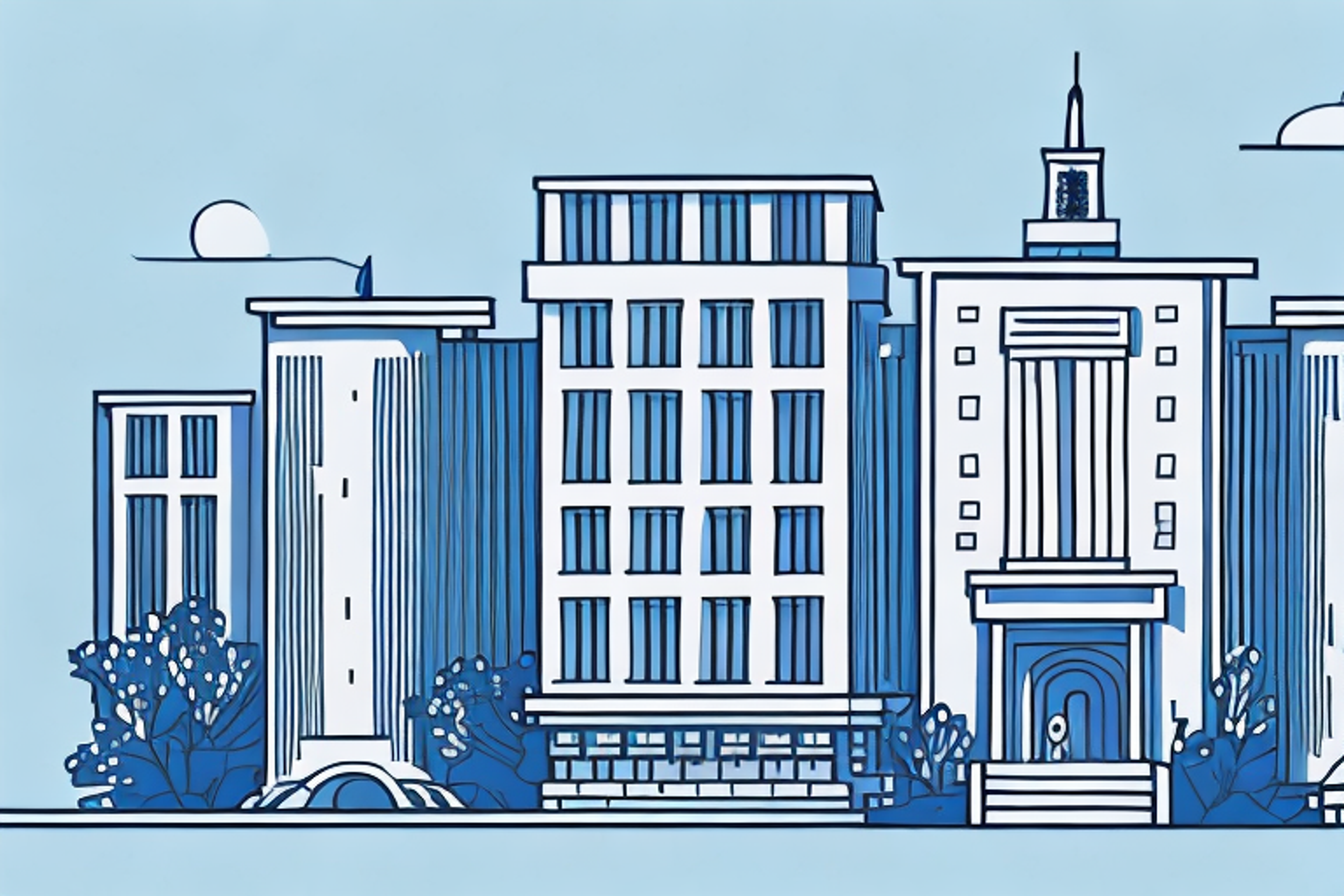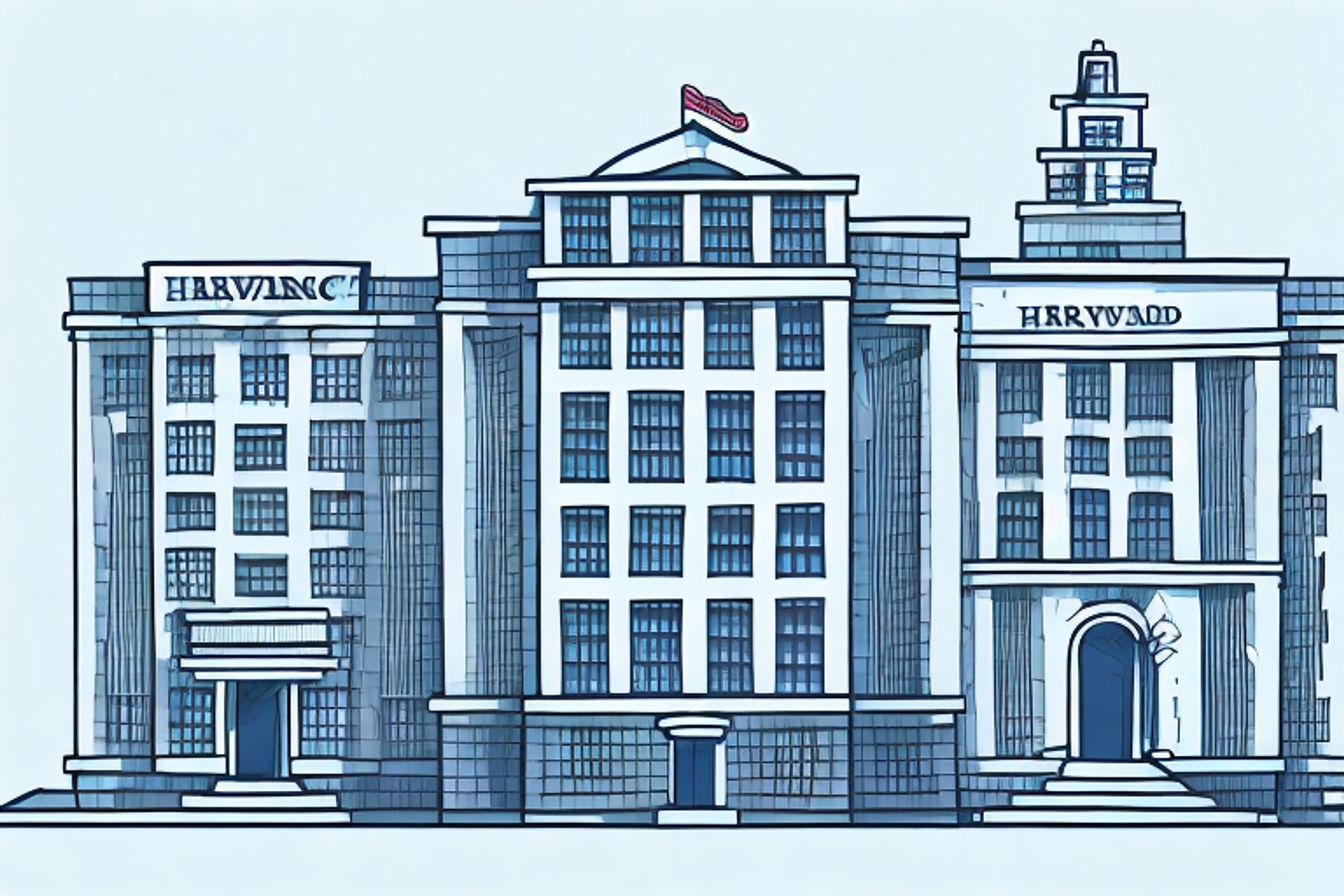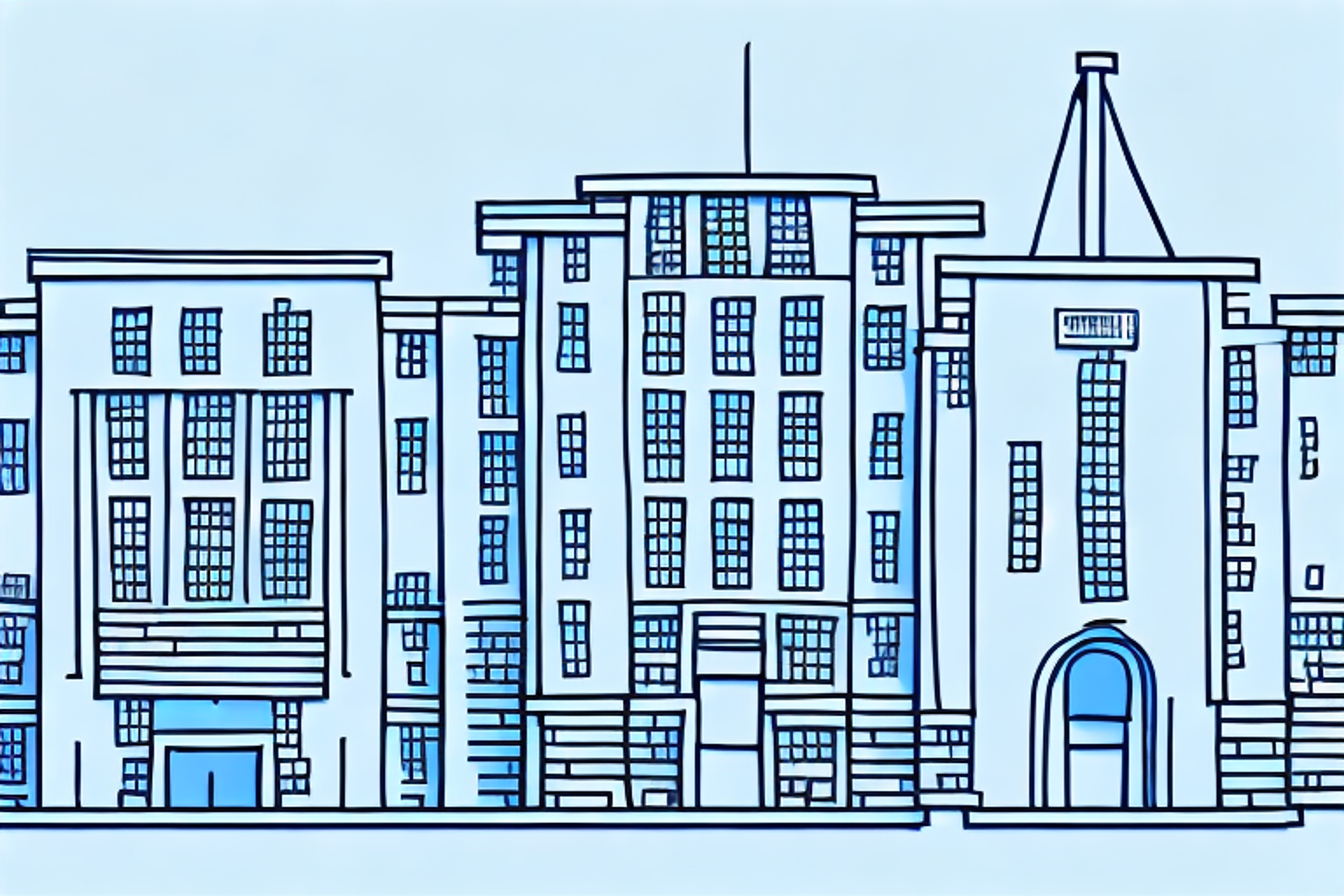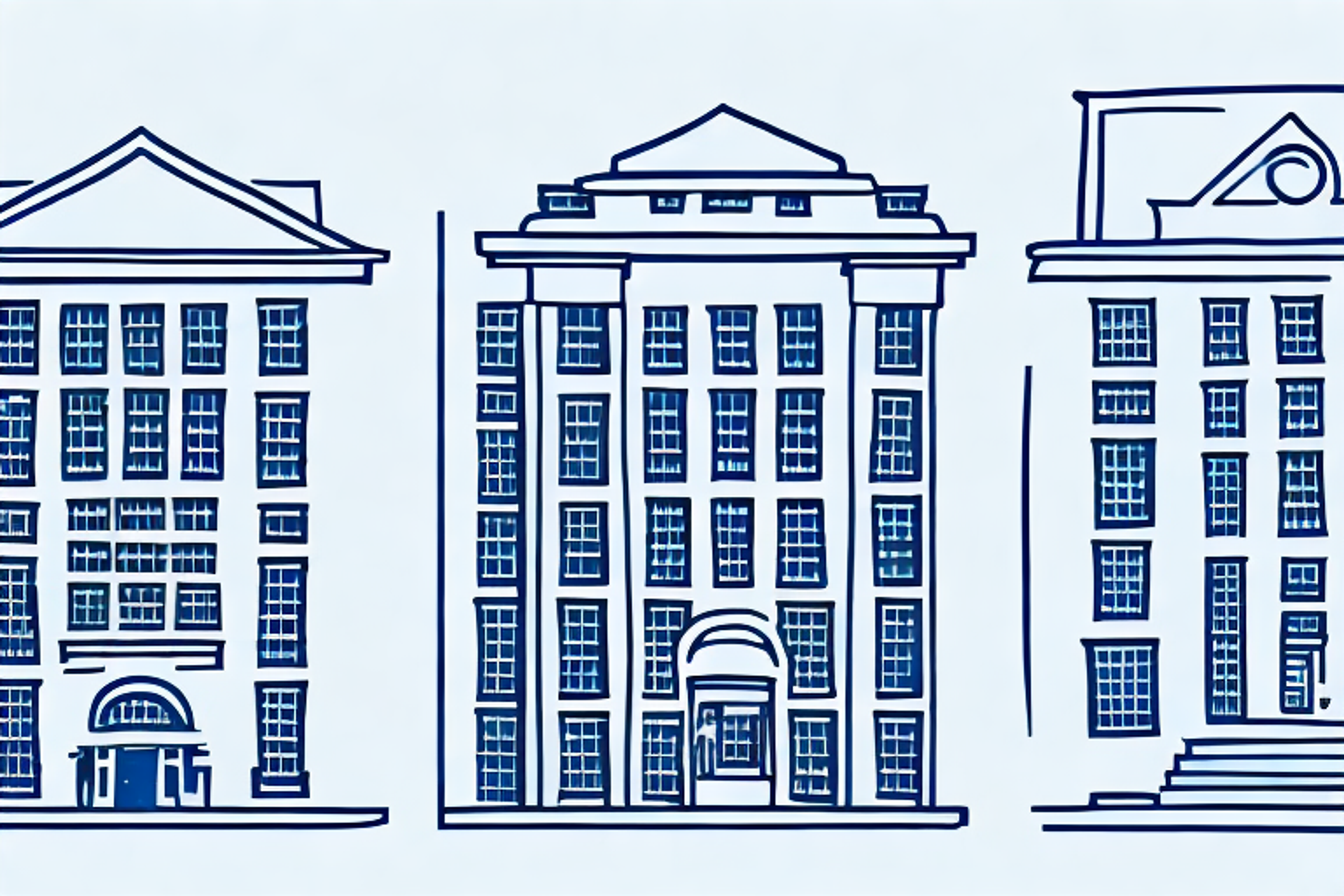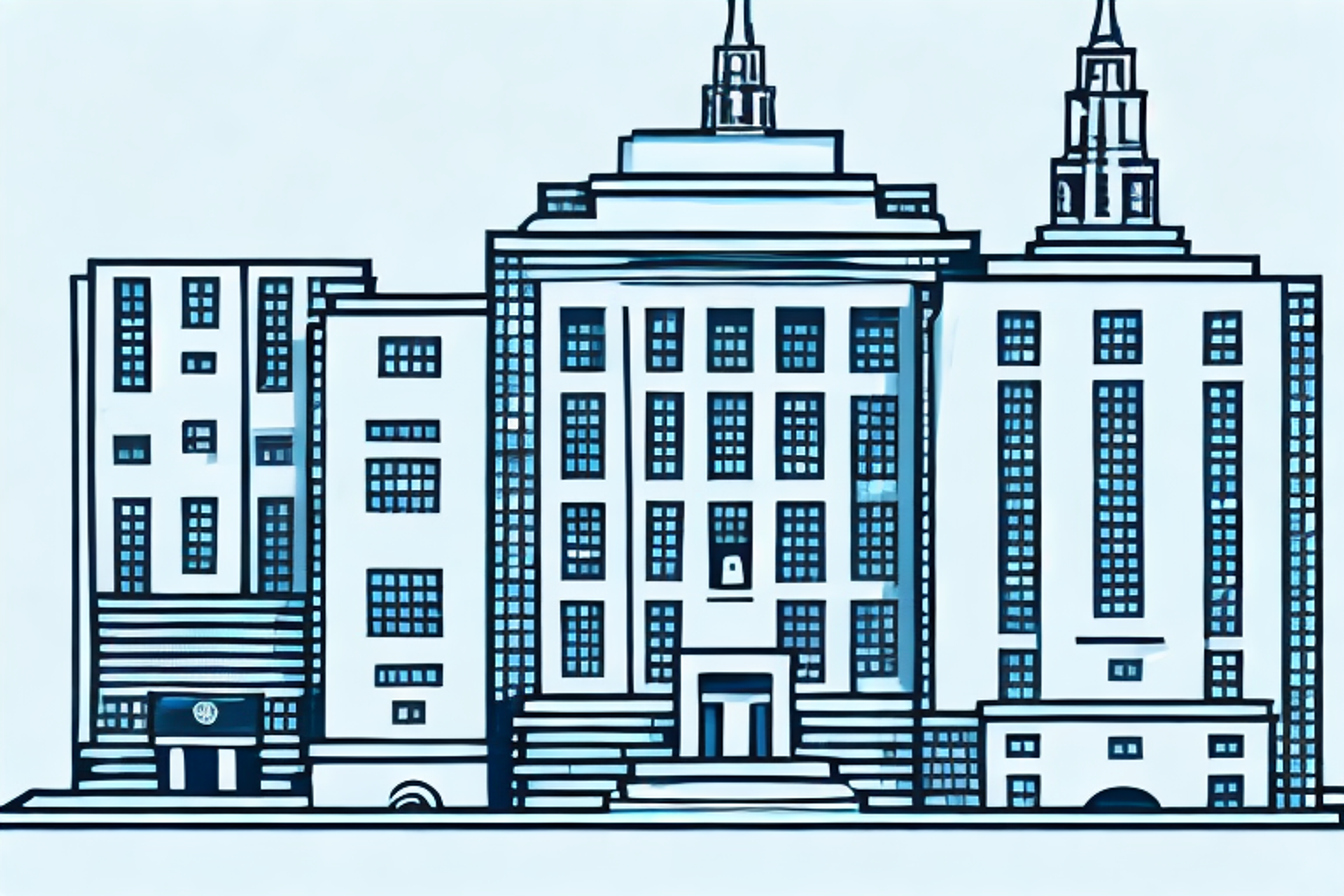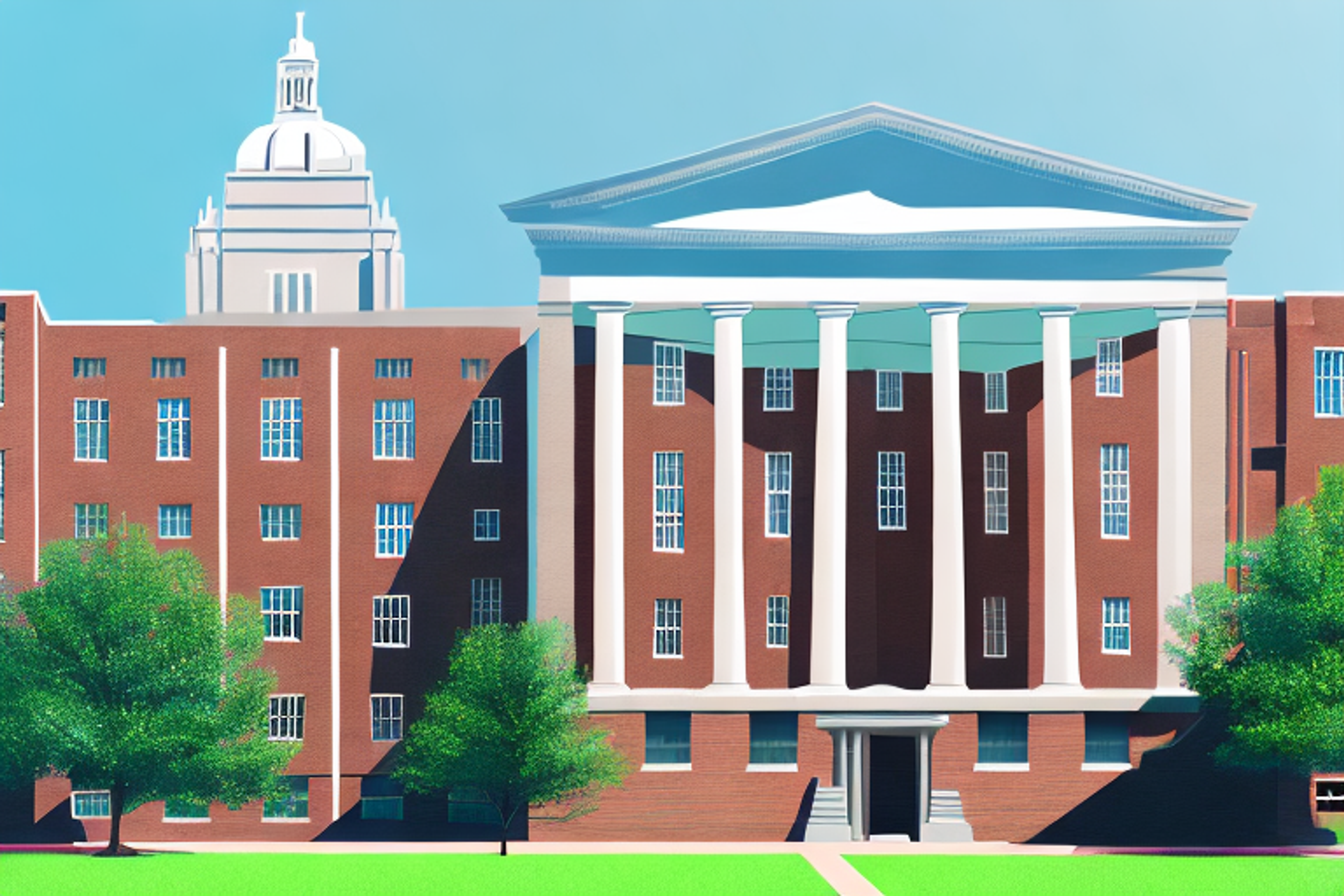University of Chicago Law School Vs. University of Virginia School of Law: An In-Depth Comparison
If you're considering law school, you won't want to miss this in-depth comparison between the University of Chicago Law School and the University of Virginia School of Law.
Posted March 6, 2025

Table of Contents
Choosing the right law school is a crucial decision for anyone looking to pursue a career in law. With so many options available, it can be overwhelming to make a decision. In this article, we will take a comprehensive look at two highly esteemed law schools - the University of Chicago Law School and the University of Virginia School of Law. By the end of this article, you will have a better understanding of the key differences between these schools and be better equipped to decide which one is right for you.
Introduction: Why Compare the University of Chicago and University of Virginia Law Schools?
Both the University of Chicago and the University of Virginia are known for their exceptional law programs. Both schools have a long history of producing some of the most successful lawyers in the country. In this section, we will briefly discuss why we have chosen to compare these two schools.
Firstly, both the University of Chicago and the University of Virginia have a strong emphasis on legal theory and scholarship. The faculty at both schools are renowned for their contributions to legal academia and have produced numerous influential legal scholars.
Secondly, both schools have a strong commitment to providing their students with practical legal experience. The University of Chicago Law School offers a wide range of clinical programs, where students can work on real cases under the supervision of experienced attorneys. Similarly, the University of Virginia Law School has a robust externship program, where students can gain hands-on experience working in a variety of legal settings.
The History and Prestige of the University of Chicago Law School
The University of Chicago Law School was established in 1902 and has a long-standing reputation as one of the most prestigious law schools in the world. Its rigorous academic program is designed to equip its graduates with the skills and knowledge needed to excel in the legal profession. The Law School has produced several Nobel laureates, judges, and eminent lawyers through the years, making it a popular destination for law students worldwide. It is widely renowned for its groundbreaking scholarship, interdisciplinary study, and exceptional academic community.
In addition to its academic excellence, the University of Chicago Law School is also known for its commitment to public service. The Law School offers a wide range of opportunities for students to engage in pro bono work, including clinics, externships, and volunteer programs. The Law School's dedication to public service is reflected in its mission statement, which emphasizes the importance of using legal education to promote justice and serve the public interest. This commitment to social responsibility has helped to establish the University of Chicago Law School as a leader in legal education and a force for positive change in the legal profession.
The History and Prestige of the University of Virginia School of Law
The University of Virginia School of Law, founded in 1819, is one of the oldest law schools in the United States. With its distinguished faculty and strong alumni network, it is also consistently ranked among the top law schools in the country. Its reputation is built on the tradition of excellence that has characterized the Virginia Law School community, which is dedicated to producing exceptional legal professionals. Its curriculum focuses on teaching students the skills needed to be successful lawyers while emphasizing the importance of cultivating a deep understanding of the law.
One of the unique features of the University of Virginia School of Law is its commitment to public service. The school offers a variety of opportunities for students to engage in pro bono work and community service, including clinics that provide legal assistance to low-income individuals and organizations. This emphasis on giving back to the community is a core value of the school and is reflected in the many alumni who have gone on to become leaders in public service.
Another notable aspect of the University of Virginia School of Law is its beautiful campus, which is located in Charlottesville, Virginia. The school's historic buildings and picturesque surroundings provide a serene and inspiring environment for students to learn and grow. The campus is also home to a vibrant community of scholars and students, who come from diverse backgrounds and bring a wide range of perspectives to the study of law.
The Admissions Process at the University of Chicago Law School
The University of Chicago Law School has a highly competitive admissions process with an acceptance rate of around 17%. Applicants are evaluated based on various factors, including their academic credentials, letters of recommendation, personal statement, and work or extracurricular experience. The admissions committee also considers other factors like diversity, intellectual curiosity, and leadership potential when evaluating prospective students. Applicants must submit their LSAT scores and transcripts to be considered for admission.
The Admissions Process at the University of Virginia School of Law
The University of Virginia School of Law has an acceptance rate of approximately 18%, making it equally as competitive as the University of Chicago. Admissions decisions are based on a holistic review of each applicant's academic record, writing abilities, recommendations, and personal qualities such as leadership potential and community involvement. LSAT scores and transcripts are essential components of the application, and applicants must also submit an essay that demonstrates their writing ability and intellectual curiosity.
Curriculum Comparison: What Sets the Two Schools Apart?
The University of Chicago Law School's curriculum is known for being challenging and rigorous, emphasizing analytical and critical thinking skills. The school's emphasis on interdisciplinary study allows students to explore their interests in law and other fields, including economics and philosophy. In contrast, the University of Virginia School of Law places greater emphasis on legal theory and preparing students for careers in law practice. Its curriculum is designed to provide a strong foundation in core legal skills, including problem-solving, research, and writing.
Legal Clinics and Practical Training Offered at Both Schools
Both the University of Chicago Law School and the University of Virginia School of Law offer clinics and practical training opportunities to students. The University of Chicago's clinical program is one of the most robust in the nation, with over 15 clinics covering areas such as human rights, criminal defense, and environmental law. The clinical program is designed to provide students with practical experience and a real-world understanding of legal issues. The University of Virginia offers nearly a dozen clinics covering areas such as environmental law, intellectual property, and civil rights. Additionally, students have the opportunity to participate in moot court competitions, trial advocacy, and other programs that provide hands-on training in the law.
Faculty Comparison: Top Professors at Each School
Both schools have renowned faculty members who are experts in their fields. The University of Chicago Law School faculty includes several Nobel laureates and prominent legal scholars, including professors Richard A. Epstein, Martha C. Nussbaum, and Brian Leiter. Similarly, the University of Virginia School of Law has a distinguished faculty, such as Professor Michael Doran, who is known for his expertise in administrative law and regulatory policy, and Professor George Rutherglen, a leading expert on employment law. Overall, both schools have a faculty that is at the forefront of legal scholarship and thought.
Career Opportunities and Networking Potential Post-Graduation
Graduates from both the University of Chicago and the University of Virginia enjoy excellent career opportunities post-graduation. Graduates from the University of Chicago Law School are highly sought after by law firms, government agencies, and non-profit organizations across the country. The Law School has a robust career services office that helps students and alumni find employment opportunities. The University of Virginia School of Law similarly has strong relationships with law firms and government agencies and provides various resources for job searches. The school's extensive alumni network also offers tremendous career advancement opportunities in various industries.
Student Life at Each School: Housing, Activities, and Community
The University of Chicago and University of Virginia both offer students a vibrant campus and a wealth of extracurricular activities. Both schools offer a range of student organizations and clubs that cater to many interests. The University of Chicago Law School is located in one of the most vibrant cities in the world, giving students access to a wide range of cultural, athletic, and social activities. The University of Virginia School of Law is situated in a beautiful campus in Charlottesville, Virginia, and offers students access to historical landmarks, extensive athletic facilities, and incredible natural scenery.
Campus Culture Comparison: Diversity, Inclusion, and Campus Activism
The issue of diversity, inclusion, and campus activism is a vital consideration for prospective law students. Both the University of Chicago and University of Virginia are committed to fostering a culture of inclusivity and diversity. The University of Chicago Law School has an active diversity committee that works to identify issues and develop strategies to eliminate barriers to diversity. Similarly, the University of Virginia School of Law has implemented several initiatives focused on promoting a more diverse and inclusive community, including its Public Service Program, which supports students interested in working in public interest and government organizations.
Tuition Costs and Financial Aid Offered at Both Schools
The cost of attending law school is a significant consideration for most students. The tuition cost at the University of Chicago Law School is approximately $70,000 per year, while the tuition cost at the University of Virginia School of Law is approximately $61,000 per year. Both schools offer several types of financial aid, including scholarships, grants, and loans, to help students finance their education. The amount of financial assistance available to students varies based on the student's financial need, academic performance, and other factors, making it essential for students to research the aid opportunities available before making a decision.
Alumni Success Stories: Notable Graduates from Each School
Both the University of Chicago and the University of Virginia School of Law have a long history of producing successful and prominent lawyers, judges, and politicians. Joseph R. Biden Jr., the current president of the United States, is a graduate of the University of Delaware, the University of Syracuse College of Law, and the University of Delaware Law School. He joins fellow alumni such as Antonin Scalia, Barack Obama, and several Supreme Court justices who have graduated from both schools.
Conclusion: Which School is Right for You?
Ultimately, choosing between the University of Chicago and the University of Virginia School of Law is a personal decision that depends on your unique needs and goals. Both schools offer exceptional legal education with impressive faculty, rigorous curriculums, strong alumni networks, and abundant extracurricular opportunities. However, there are differences in culture, campus environment, and geographic location that can significantly impact the law school experience. We hope that this article has provided you with the information needed to make an informed decision about which law school is right for you.

